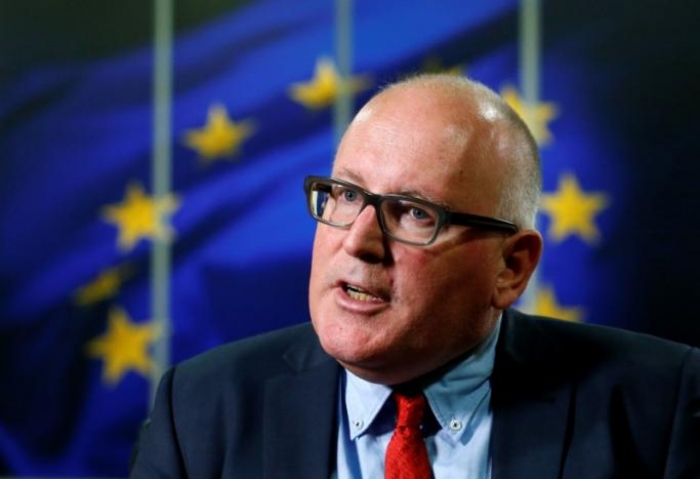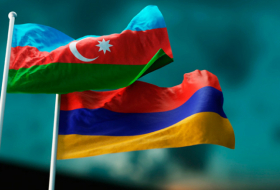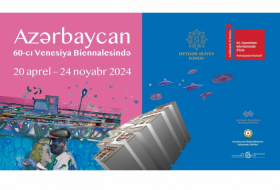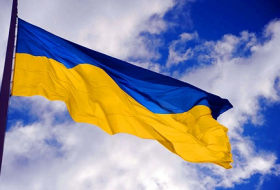"I am certainly more optimistic today than I was last year or two years ago," Frans Timmermans, deputy head of the EU's executive European Commission, told Reuters in an interview.
"Over the last years, rightly or wrongly, the impression was created that Germany is too dominant. So the fact that France now steps in a more assertive way is good for Europe as a whole, is good for France, and especially good for Germany."
During EU leaders' talks in Brussels last week, Macron and German Chancellor Angela Merkel made clear they want to work hand-in-hand on the future of the remaining 27 nations.
The Dutchman said the details still depended on the German national election in September.
"I understand full well that there will be an impetus driven by France and Germany to European cooperation in the latter part of this year. I also understand that other member states are waking up to that and are also getting organized."
"That there will be more integration is a foregone conclusion. But in what areas? Let's wait and see."
The 56-year-old listed developing a digital single market for the EU's 500 million citizens, improving diversity and sustainability of energy supplies, and ensuring fairer trade rules among projects to come.
He was cautious on reforming the single-currency zone, which brings together 19 EU states, after the careful Merkel showed openness to Macron's ideas for euro budget and finance minister.
Timmermans said Russia's resurgence has also played a role in galvanizing Europe, as did U.S. President Donald Trump's withdrawal from a global deal on fighting climate change, and his vague stance on European security guarantees under NATO.
Timmermans spoke on Monday afternoon, just before British Prime Minister Theresa May presented her offer for safeguarding expat rights after Brexit. While he did not comment on the latest, he said the EU27 was waiting for London.
"We didn't ask them to leave. They asked to leave ... The onus is on them now, not on us. We are ready. I want to wait for them to clarify their position and we'll take it from there."
"There is going to be harm, on both sides. But let's try do as little harm as possible," he said.
"Let's try and make this a cooperative process, not a confrontational process - and the last thing we want is for it to be a punitive process, because it is not."
EAST-WEST WEDGE
The unity of the remaining 27 EU states is widely seen as crucial for the unprecedented Brexit talks. But divisive feuds over migration, the rule of law and EU funds have driven a wedge between the wealthier, western EU states espousing more open world views and their formerly communist peers in the east.
Timmermans is leading a unique rule of law case against the nationalist-minded government in Poland, which put the judiciary and state media under more direct control. The bloc has also long expressed concern about undermining democracy in Hungary.
"My preferred method is dialogue. And that, with all the frictions we have, is still something we have with the Hungarians, we do not have with this Polish government."
He said he would bring the case back to all 28 EU states for a discussion later this year should Warsaw not resume talks.
Quipping on criticism from Warsaw, which sees him as lacking authority to interfere, Timmermans said his son sometimes jokingly greets him as the "unelected, faceless bureaucrat", too.
"I am not that pessimistic because there is so much support for the EU in all these countries," he said.
A late 2016 Eurobarometer poll showed Luxembourg, Ireland and the Netherlands with the highest backing for the EU, while Greece, the Czech Republic and Italy sat at the other end.
Support for the EU in Poland was closer to the higher readings at 61 percent, and for Hungary it stood at 47 percent, closer to the lower end.
Timmermans said more cooperation on security, tighter control of the bloc's external border and sustaining the revived economic growth would help overcome distrust between EU states that grew over a decade of crises - from banking to migration.
While he hoped the new Franco-German cooperation would create a momentum for the whole of EU, the eastern EU states are wary of decisions being taken above their heads.
"We have to overcome that," Timmermans said of the east-west divides, pointing to mingling young Europeans as a source of hope.
"You go to my country, you go to Poland, you go to Greece, you go to Scandinavian countries, you go to Spain - everybody under the age of 30 speaks the same bad English, which is very helpful."
More about: #Brexit
















































